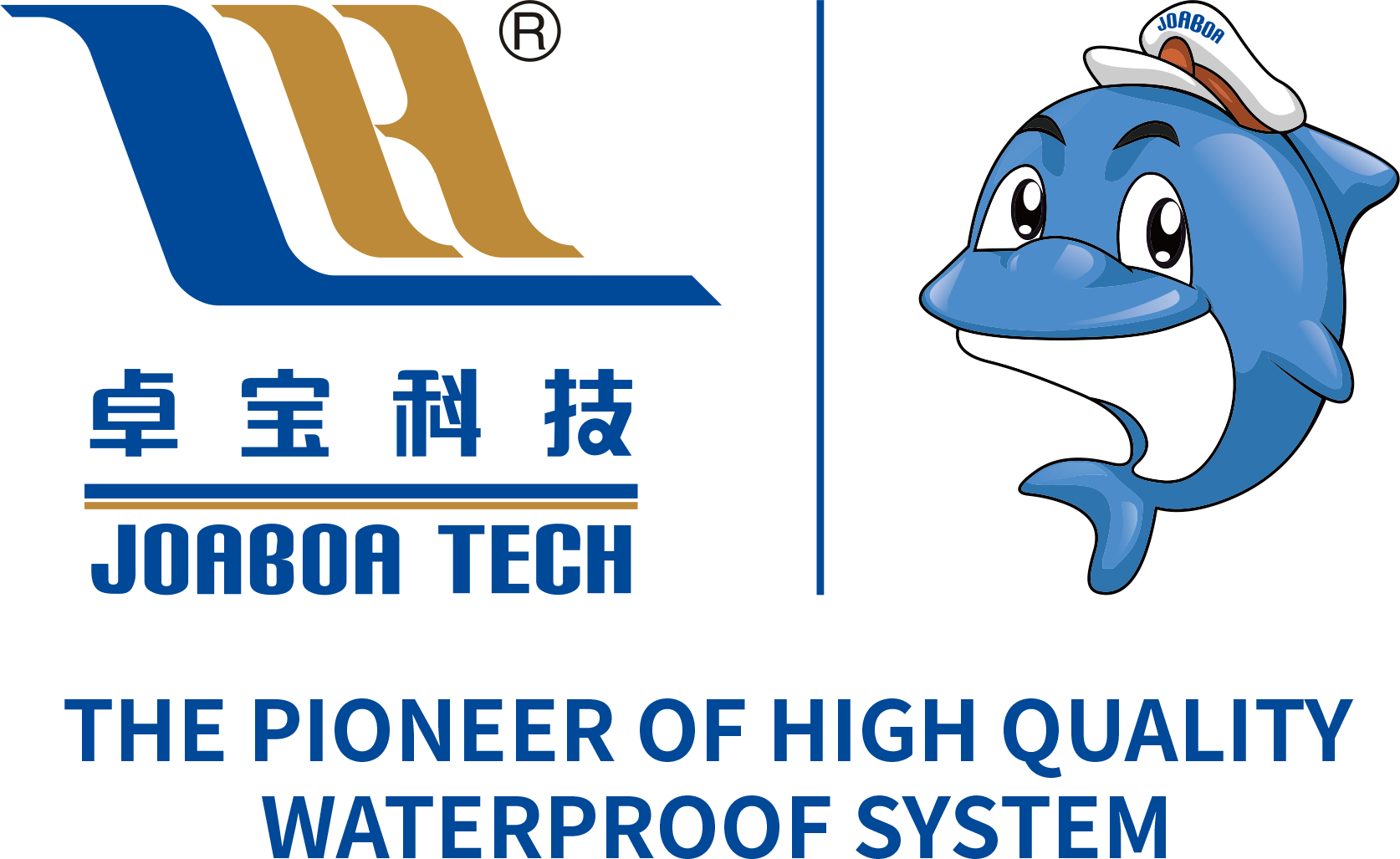Understanding PVC Waterproofing Membranes: Essential Insights for Professionals
2025-08-21 13:00
PVC (Polyvinyl Chloride) waterproofing membranes are a crucial element in modern construction and are widely utilized in various applications due to their unique properties and performance characteristics. These membranes are synthetic materials designed to prevent water ingress and protect structures from moisture damage, making them an essential component in waterproofing systems.
One of the primary advantages of PVC waterproofing membranes is their exceptional durability. They are resistant to environmental factors such as UV radiation, chemicals, and extreme weather conditions, ensuring a long service life. This resistance not only minimizes the risk of degradation but also reduces maintenance costs over time, making them a cost-effective solution for many projects.
PVC membranes are available in various thicknesses and can be easily customized to meet specific project requirements. Their lightweight nature simplifies handling and installation, which is a significant advantage for construction professionals. Moreover, PVC membranes can be installed using several methods, including mechanical fastening, ballasted systems, and adhesive bonding, allowing flexibility in application based on the project's needs.
Another critical feature of PVC waterproofing membranes is their excellent watertightness. These membranes are designed to provide a seamless barrier against water penetration, which is vital for protecting structures such as roofs, basements, and foundations. The welded seams of PVC membranes further enhance their waterproofing capabilities, ensuring a reliable solution for preventing leaks and water-related damage.
In addition to their physical attributes, PVC waterproofing membranes are environmentally friendly. Many manufacturers are now producing membranes with sustainable practices, reducing the environmental impact associated with their production and disposal. This aspect is increasingly important as industries strive to adopt greener practices.
When considering materials for waterproofing solutions, it's essential for professionals to evaluate the specific requirements of their projects. Factors such as climate, building design, and intended use will influence the selection of the appropriate membrane. PVC waterproofing membranes offer versatility and adaptability, making them suitable for various applications, from residential buildings to large commercial structures.
In summary, PVC waterproofing membranes represent a reliable and effective solution for waterproofing needs in the construction industry. Their durability, watertightness, and environmental advantages make them an excellent choice for professionals seeking to protect structures from water damage. Understanding the properties and benefits of PVC membranes is crucial for anyone involved in construction or waterproofing projects, ensuring informed decisions that lead to successful outcomes.
One of the primary advantages of PVC waterproofing membranes is their exceptional durability. They are resistant to environmental factors such as UV radiation, chemicals, and extreme weather conditions, ensuring a long service life. This resistance not only minimizes the risk of degradation but also reduces maintenance costs over time, making them a cost-effective solution for many projects.
PVC membranes are available in various thicknesses and can be easily customized to meet specific project requirements. Their lightweight nature simplifies handling and installation, which is a significant advantage for construction professionals. Moreover, PVC membranes can be installed using several methods, including mechanical fastening, ballasted systems, and adhesive bonding, allowing flexibility in application based on the project's needs.
Another critical feature of PVC waterproofing membranes is their excellent watertightness. These membranes are designed to provide a seamless barrier against water penetration, which is vital for protecting structures such as roofs, basements, and foundations. The welded seams of PVC membranes further enhance their waterproofing capabilities, ensuring a reliable solution for preventing leaks and water-related damage.
In addition to their physical attributes, PVC waterproofing membranes are environmentally friendly. Many manufacturers are now producing membranes with sustainable practices, reducing the environmental impact associated with their production and disposal. This aspect is increasingly important as industries strive to adopt greener practices.
When considering materials for waterproofing solutions, it's essential for professionals to evaluate the specific requirements of their projects. Factors such as climate, building design, and intended use will influence the selection of the appropriate membrane. PVC waterproofing membranes offer versatility and adaptability, making them suitable for various applications, from residential buildings to large commercial structures.
In summary, PVC waterproofing membranes represent a reliable and effective solution for waterproofing needs in the construction industry. Their durability, watertightness, and environmental advantages make them an excellent choice for professionals seeking to protect structures from water damage. Understanding the properties and benefits of PVC membranes is crucial for anyone involved in construction or waterproofing projects, ensuring informed decisions that lead to successful outcomes.
Related News









